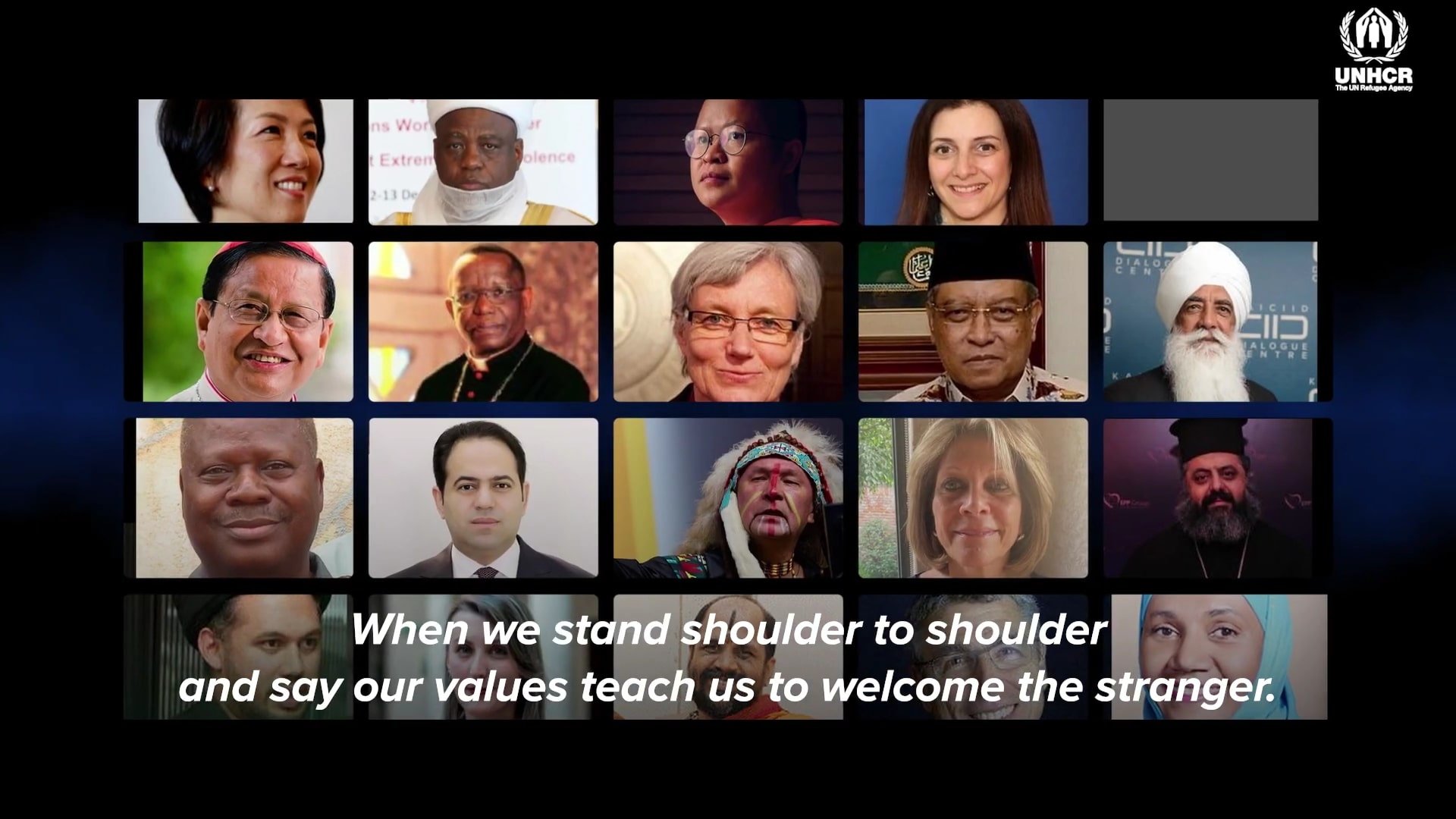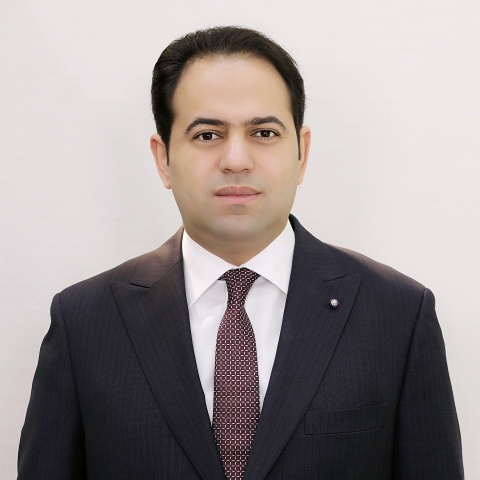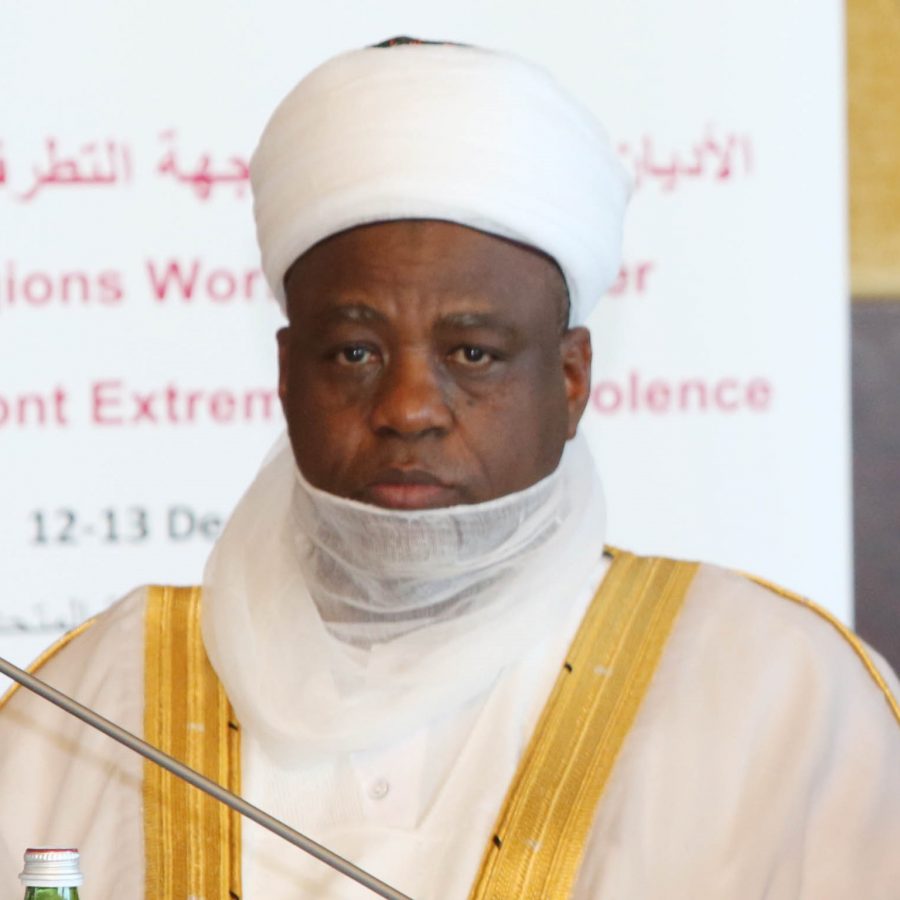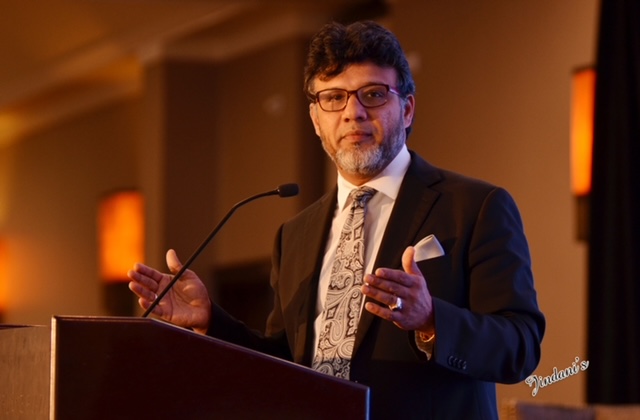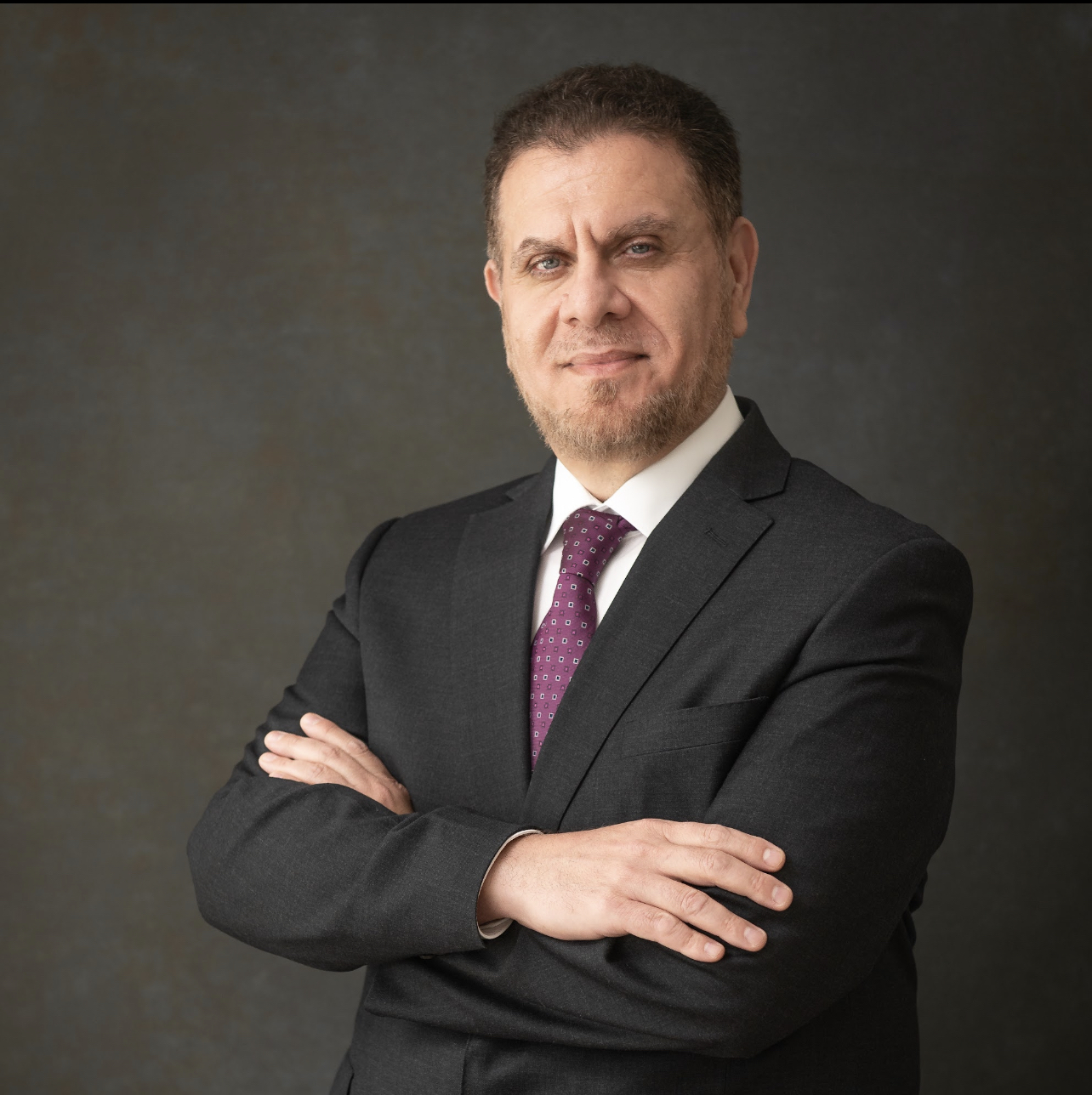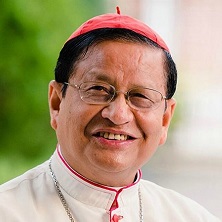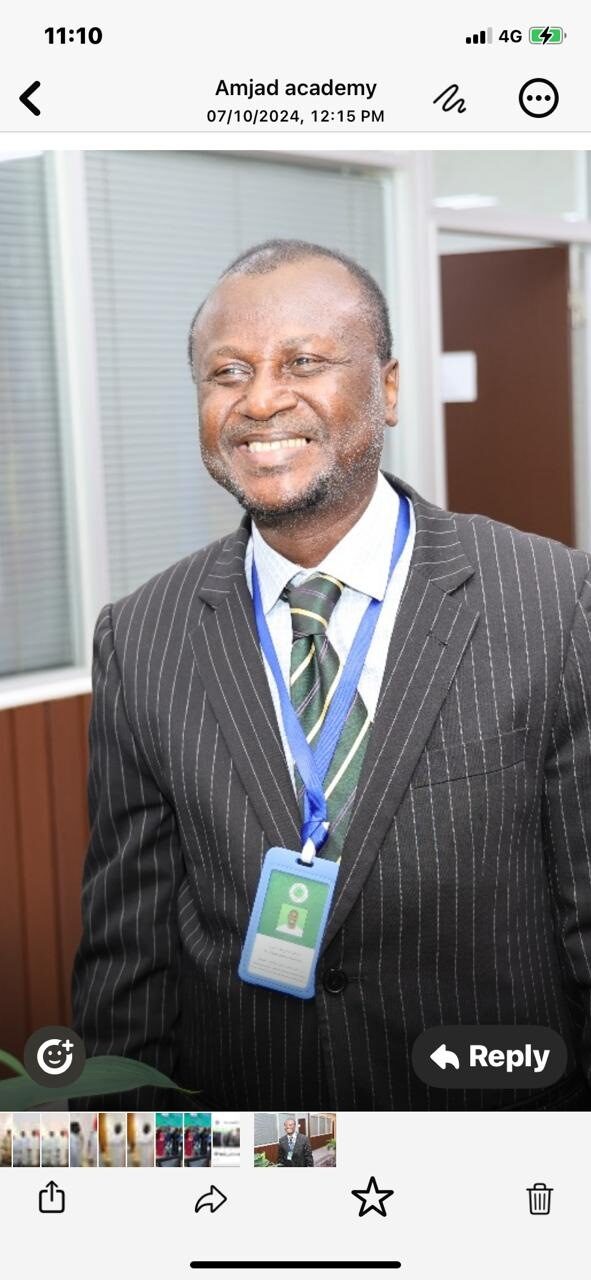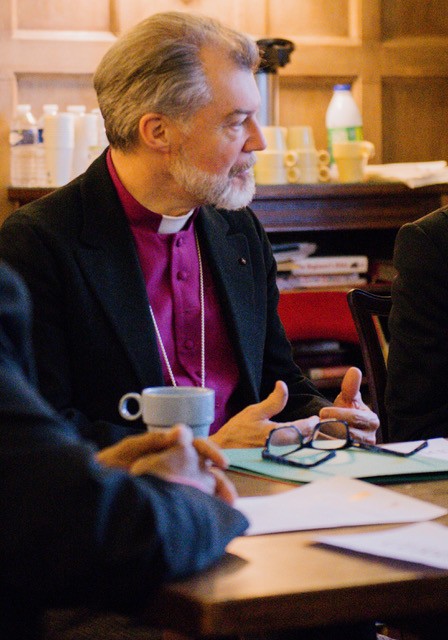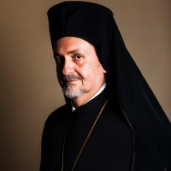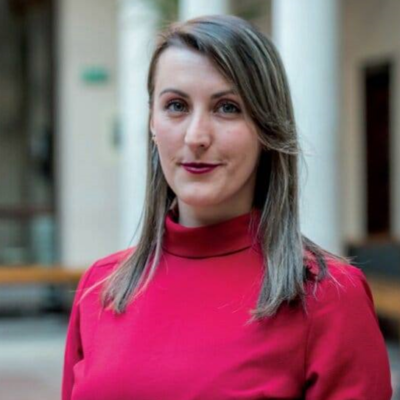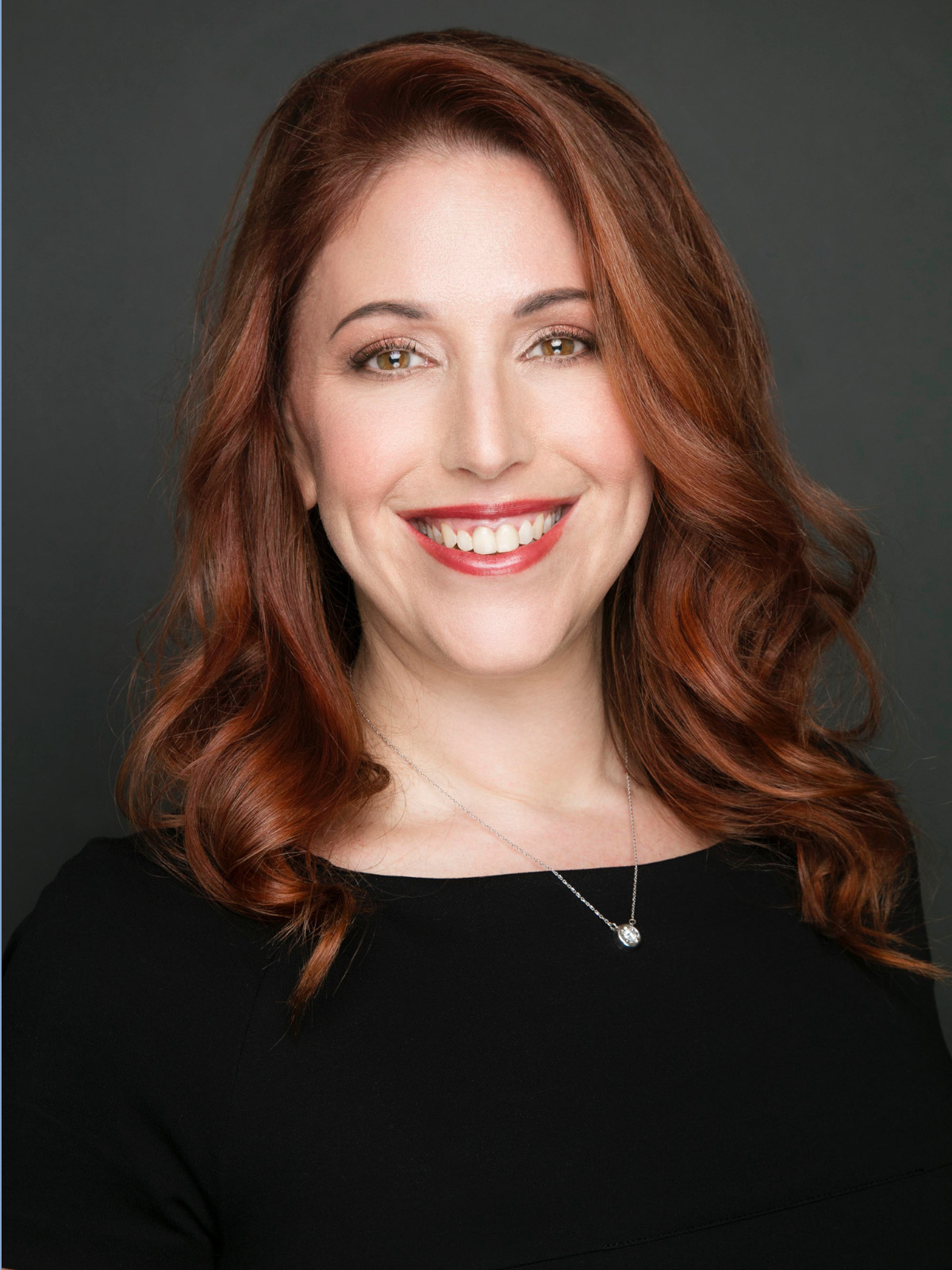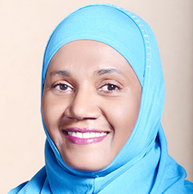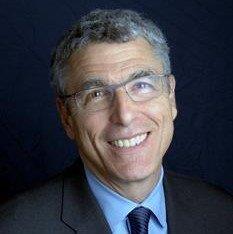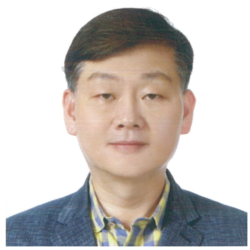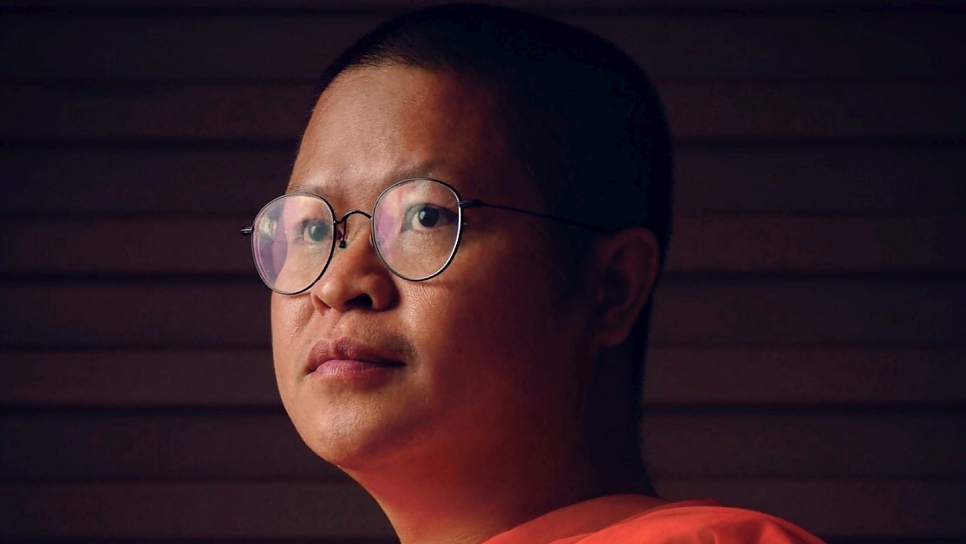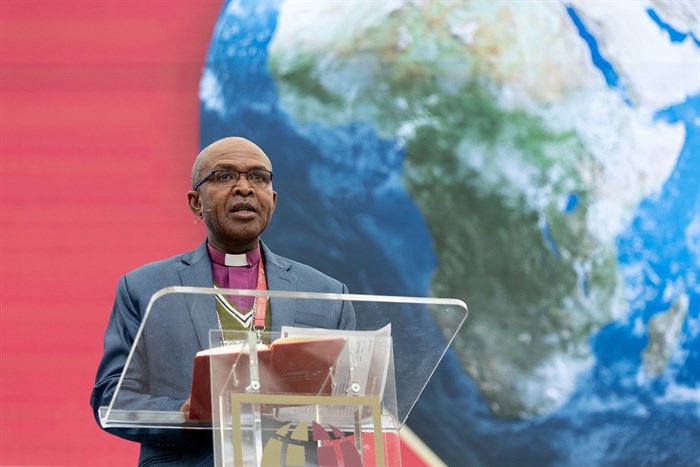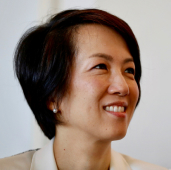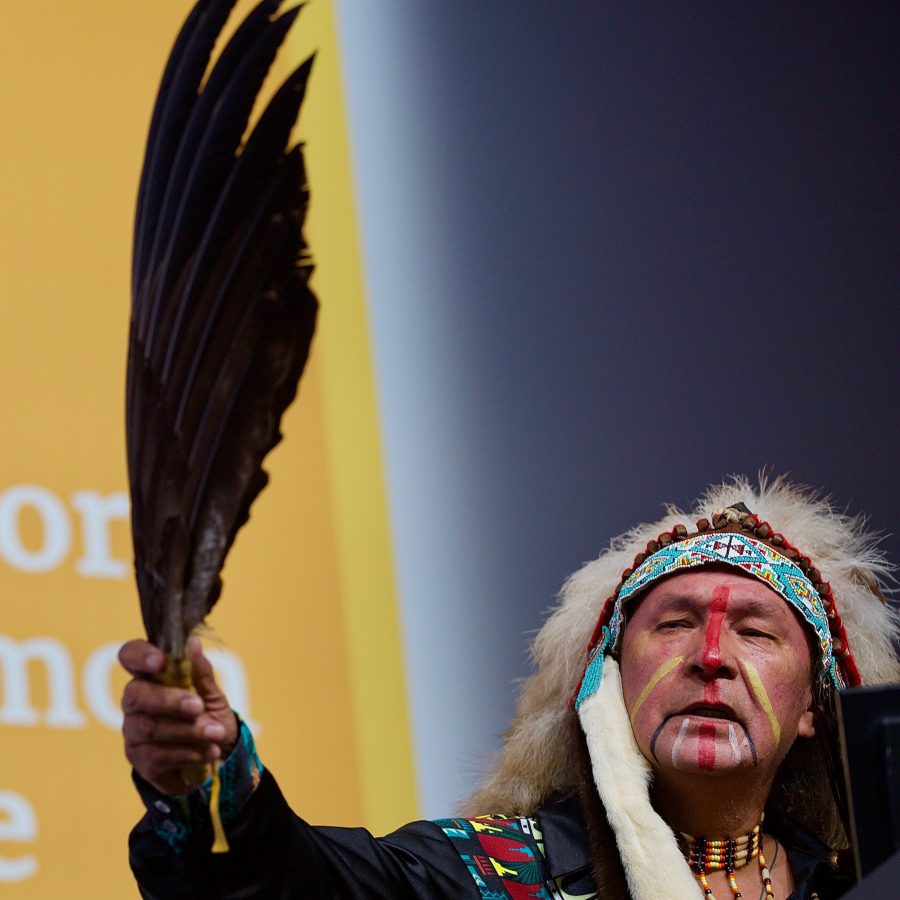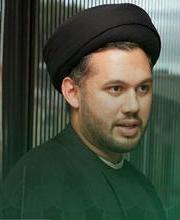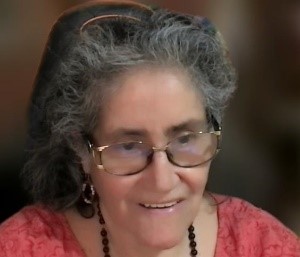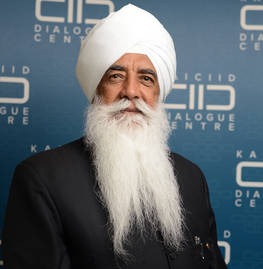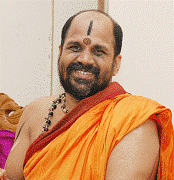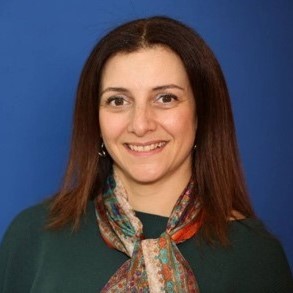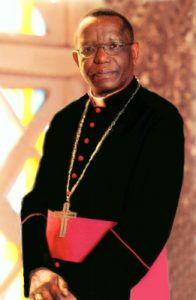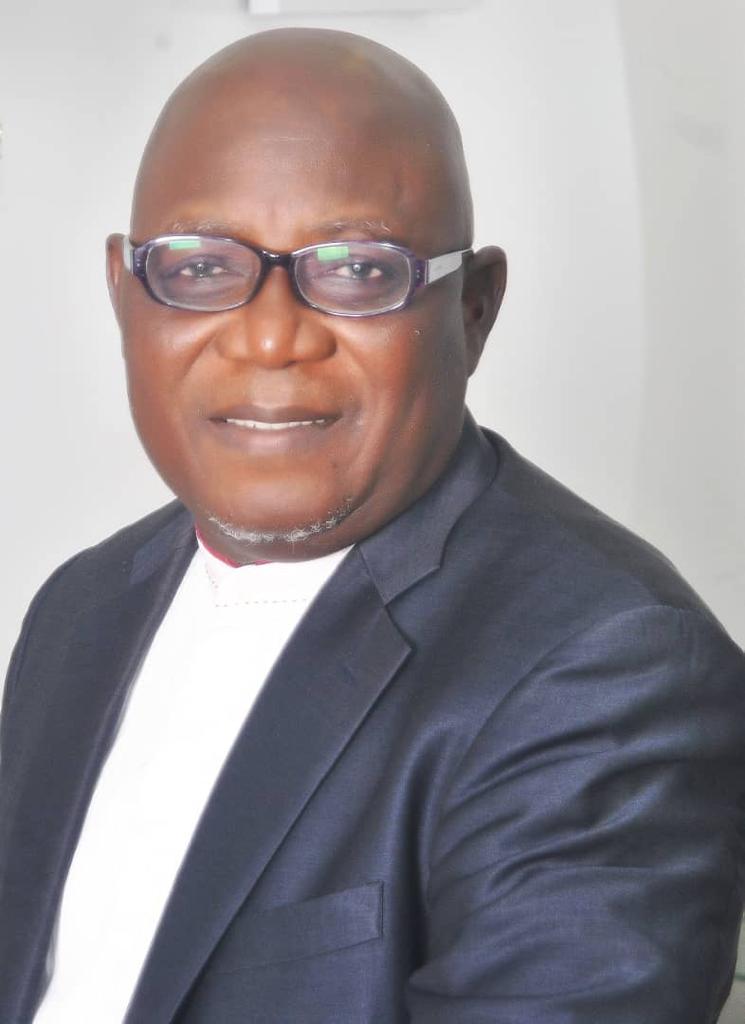Multi-Religious Council of Leaders
Multi-Religious Council of Leaders
The Multi-Religious Council of Leaders, brought together by UNHCR and Religions for Peace, strengthens collective efforts across regions and faiths to address root causes by supporting global advocacy, conflict prevention, reconciliation, peacebuilding and social cohesion initiatives.
Read the Religious Leaders Statement from the 2023 Global Refugee Forum
The Global Compact on Refugees (GCR) describes faith-based actors and organizations as contributors to good relations and peaceful coexistence between refugees and host communities. It emphasizes their potential role in addressing root causes through supporting conflict prevention, reconciliation, peacebuilding and social cohesion.
The GCR aims to strengthen the international response to large movements of refugees and protracted refugee situations. It recognizes faith leaders and faith-based organizations as contributors to good relations and peaceful coexistence between refugees and host communities.
Members of the Multi-Religious Council of Leaders commit to mobilizing action for refugees, asylum seekers, stateless and internally displaced people addressing root causes of forced displacement, and facilitating the meaningful participation of forcibly displaced women and girls in peacebuilding processes.
“As wars, conflict, and persecution continue to force people to flee their homes, we seek the support of faith leaders and their communities. They are key in not only standing with and supporting refugees during their displacement but in addressing the root causes that gave rise to their flight.” UN High Commissioner for Refugees Filippo Grandi
Religions for PeaceLink is external is a key UNHCR partner in strengthening commitments from religious leaders, faith representatives and institutions. Religions for Peace is the largest religious leadership coalition representing all the world’s faith traditions through inter-religious platforms at regional and country/national levels.
Members of the Council
The Council comprises a group of religious and spiritual leaders, and their mandate extends until the third Global Refugee Forum in 2027, where they will present progress on pledges made at the 2023 GRF and seek further commitments to action from a broader range of religious actors and institutions.
Members of the Council were identified based on having served as strong advocates for conflict prevention, reconciliation and peacebuilding in humanitarian and forced displacement contexts.
Text and media 138
H.E. Judge Mohamed ABDELSALAMLink is external
Secretary-General of the Higher Committee on Human Fraternity; Co-President, Religions for Peace
“Islam calls upon us to support and stand by refugees. Prophet Mohammed helped and stood by those who sought his refuge until their rights and homes were returned. Islam has many provisions for the well-treatment, backing, and hosting of refugees.”
Text and media 129
H.E. Sultan Muhammad Sa’ad ABUBAKAR IIILink is external
Sultan of Sokoto, Sultanate of Sokoto; Co-President, Religions for Peace
“We pray for peace, stability and progress for the whole world. As one of the co-presidents of Religions Peace, I am committed to tackling forced displacement and promoting peaceful coexistence in Nigeria and in the world.”
Text and media 143
Mr. Azhar AZEEZ
Islamic Society of North America (ISNA)
“Injustice anywhere is a threat to justice everywhere. Together, across faiths and nations, we can build bridges and break barriers to support displaced communities.”
Text and media 147
Mr. Hussein AL DAOUDI
Advisor to the SG and Member of the Supreme Council of the Muslim World League. He is also a Member of the World Council of Muslim Communities, and the Chairman of the Scandinavian Council for RelationsLink is external.
“I am ready to work together to help alleviate the pain and hardships refugees face everywhere. This Council of Leaders holds a strategic role in addressing crises and promoting initiatives for sustainable development, peace, and coexistence, especially in nations with diverse communities.”
Text and media 141
H.E. Cardinal Charles BOLink is external
Archbishop of Yangon, Myanmar; President, Federation of Asian Bishops’ Conference; Co-President, Religions for Peace
“We pray for a new world, where truly every human being has an equal status, equal rights and basic freedoms, where ethnic and religious diversity is celebrated and where we enjoy real peace.”
Text and media 144
Dr. Alhagi Manta DRAMMEH
Head of International Cooperation and External Relations
International Islamic Fiqh Academy
“Human dignity, respect for the rule of law, and the empowerment of women are the cornerstones of our efforts to support refugees worldwide.”
Text and media 145
Rt. Rev. Mark EDINGTON
Bishop in Charge
Convocation of Episcopal Churches in Europe
“Faith communities have a crucial role both in standing with the most vulnerable in our midst and in seeking constructive, nonviolent solutions to the interlocking causes of forced displacement.”
Text and media 142
H.E. Metropolitan EMMANUELLink is external
Elder Metropolitan of Chalcedon; Co-Moderator, Religions for Peace
“Religious leaders have a sacred duty to protect the vulnerable, welcome the stranger, and advocate for sustainable solutions to displacement. When faith traditions unite in humanitarian efforts, we multiply our effectiveness and bring hope to those forced from their homes.”
Text and media 137
Ms. Emina FRLJAKLink is external
Program Coordinator, Youth for Peace; Member, Religions for Peace International Youth Committee
“From raising awareness to combating hate speech, young people are leading interfaith efforts to foster inclusion and support for migrants and refugees. If not now, when? If not us, who? Together, through interfaith collaboration and action, we can create a more welcoming world.”
Text and media 146
Rabbi Diana S. GERSON
Vice-President and Board Member
New York Board of Rabbis, Interfaith Alliance for Safer Communities and Children, Global Advocacy Hub for Children and Families
“Everyone deserves a home. No one deserves to be stateless. Let’s step up as religious leaders and better protect the rights of children on the move. Working with refugees and not for them, teaches us the power of collaboration and shared humanity. Together, we can create lasting change.”
Text and media 125
Ms. Nageeba HASSAN TEGULWALink is external
Member, International Women's Coordinating Committee of Religions for Peace; Executive Member of African Women of Faith Network; Board Member, Religions for Peace’s African Council of Religious Leaders.
“Tensions between refugees and host communities arise from misconceptions like xenophobia, Islamophobia, and a lack of understanding of refugee rights. To foster harmony and resilience, there is need to sensitize the public while engaging in transformative peacebuilding for youth and women, emphasizing diversity and meaningful participation.”
Text and media 132
Rabbi Rick JACOBSLink is external
President, Union for Reform Judaism; Honorary President, Religions for Peace
“We need to say ‘humanity first’, loudly and clearly. We have to raise our religious voices together. The job of religious leaders is to act together and to act globally. We must work collectively to change one heart at a time.”
Text and media 148
Rev. Dr. Taesung KIM
Secretary-General, Korean Conference of Religions for Peace, Korea
Text and media 134
The Venerable Phra MEDHIVAJIRODOM
UNHCR Patron for Peace and Compassion, Founder of Vimuttayalaya Institute
“I commit to promote the idea of “We are One, We are World” to create solidarity, loving, kindness, and to prevent polarization and discrimination among refugees, Internally Displaced Persons and stateless people. We belong to the same family, which is a family of humanity.”
Text and media 149
Archbishop Maimbo MNDOLWA
Archbishop of the Anglican Church in Tanzania
Anglican Communion
“It’s vital that religious leaders work with governments to address this humanitarian crisis and help people find routes to safety and a more hopeful future.”
Text and media 133
Rev. Kosho NIWANOLink is external
President-Designate, Rissho Kosei-Kai & Co-Moderator, Religions for Peace
“Buddhism teaches us that our existence is sustained by the existence of other We are all interconnected. If refugees are suffering, then we Buddhists are suffering too.”
Text and media 150
Imam Muhammad NURAYN ASHAFA
Co-director
Interfaith Mediation Centre of the Muslim-Christian Dialogue
“No more seeing strangers, only neighbours. Together, religious leaders can transform divides into bridges of hope and unity.”
Text and media 130
Grand-Father Dominique RANKINLink is external
Algonquin Hereditary Grand Chief; Co-President, Religions for Peace
“Refugees, similarly to my people, were forced to leave their homes and now hope to find peace again. We should welcome our neighbours, as the only solution to wars and suffering is to live and work together as one.”
Text and media 126
Imam Dr. Sayed RAZAWILink is external
Director-General and Chief Imam, Scottish Ahlul Bayt Society; European Council of Religious Leaders, International Trustee, Religions for Peace
“Our vision together is that women, children and men are protected, find safety and support, have their human rights and dignity respected and achieve their full potential.”
Text and media 151
Priestess Beatriz SCHULTHESS
President, Indigenous Peoples Ancestral Spiritual Council
Honorary President, Religions for Peace
“We are witnessing growing social, political, economic, and environmental conflicts that lead to the displacement of entire populations. Refugee often face negative perceptions instead of the dignity and respect they deserve. It’s essential to reverse these biases, remembering that Indigenous Peoples, the first inhabitants of the Americas, once welcomed others to their territories with openness and hospitality.”
Text and media 121
Bhai Sahib Mohinder SINGH AHLUWALIA, OBE KSGLink is external
Chairman, Guru Nanak Nishkam Sewak Jatha; Co-President and Trustee, Religions for Peace
“Every person is infinitely precious and must be protected unconditionally. It’s time we balance human rights with human responsibilities for a better world.”
Text and media 127
H.H. Shri Shri SUGUNENDRA TEERTHA SWAMIJILink is external
Sri Putige Matha Monastery Chairman, Somaiya Vidyaviha, Co-President of Religions for Peace
“It is said, Guests are like God. God will come as a guest. If we treat them like God then God is going to bless us. In the form of refugees God is coming to us.”
Text and media 139
Prof. Dr. Nayla TABBARALink is external
Co-Founder and President, Adyan Foundation; Co-President, Religions for Peace
“Religious leaders need to contribute, given their social and religious responsibility, to an honest description of the asylum situation in Lebanon and build their narratives on human dignity and other common humanitarian factors.”
Text and media 128
H.E. Archbishop Buti TLHAGALELink is external
UNHCR high-level supporter, Southern African Catholic Bishops’ Conference (SACBC) Liaison Bishop of Migrants and Refugees; First Metropolitan Archbishop of Johannesburg
“Welcoming people means showing the best values which we have embraced. We welcome people because we too would like to be welcomed if we were in a different situation. Welcoming is a blessing we can always give to others.”
Text and media 152
Rev. Dr. James Movel WUYE
Co-director
Interfaith Mediation Centre of the Muslim-Christian Dialogue
“Let's build a world where words inspire peace, not violence. My commitment is to train more Christian leaders to take on the responsibility of helping people who are forcefully displaced by man-made and climate catastrophes using faith-based practices.”

